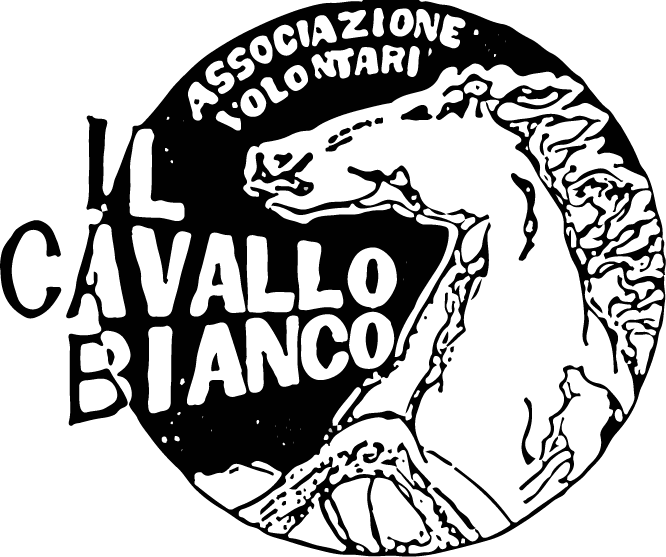April 26 1996 will mark the 10th anniversary of the Chernobyl disaster. In the collective consciouness, Chernobyl has become a synonym of fear, nuclear death and destruction, comparable to and in some respects worse than Hiroshima and Nagasaki.
At the same time, there has been a sort of general repression, an irrational instinct for survival leading to mass refusal to acknowledge the enormous risk constituted by dozens of nuclear power stations that are still active but no longer subjected to constant and adequate maintenance routines.
Just a few months ago, news arrived of cracks appearing in the Chernobyl station. Officially, there was just a breakdown with no leakage of radioactive material. In the former USSR alone there are at least 17 high-risk nuclear power stations which can never be closed down or brought up to standard without financial assistance from the international community.
We are talking about Chernobyl in a sightseeing magazine because it was precisely during a pleasure trip that we ran into the effects of the radioactive cloud.
We were in Byelorussia, as so many Italians have been recently, some on business, some on hunting trips, and some, like us, interested in visiting this splendid country.
The city of Minsk offers tourists the joys of unspoilt natural countryside. The great highways from the airport to the city and nearby towns are lined on both sides by vast woods.
The Catholic and Orthodox churches of Minsk are set like jewels against a background of imposing government buildings of the Soviet period.
The last few years have also seen the opening of supermarkets, cafès and hotels run by western Europeans.
A subway system ensures connections throughout the city of Minsk, with each station characterized by frescoes, mosaics and light fittings worthy of an imperial palace. It was also designed for use as an air-raid shelter.
By chance we were also shown the Minsk Hospital, which is full of children suffering from leukaemia or cancer of the thyroid, after-effects of the Chernobyl disaster still active today.
Various scientists have reported high levels of radioactivity in Byelorussia with a patchwork distribution between Chernobyl (in the Ukraine) and Minsk.
In various areas the soil is highly contaminated but ordinary crop-growing continues, thus producing radioactive food. It is above all through eating contaminated foodstuffs that the children develop tumors.
This has led to a magnificent display of solidarity on the part of voluntary associations throughout Europe in providing food and medicine, arranging for the adoption of orphans from the local orphanages, and taking care of sick children over periods of months.
One such Italian association is PUER, a branch of the Diocesan Caritas organization in Rome.
Each year PUER brings over 4,000 children to Italy from Byelorussian villages and orphanages as guests of families belonging to local parishes for periods of at least two months.
The children come from areas of high contamination. After 40 days they recover about 60% of their immune-system defence capability thanks to the Mediterranean air and diet of uncontaminated food.
The children arrive in Italy in classes with their own teachers and continue their normal daily routine of schooling throughout their stay. In the evenings and on holidays, they participate in the normal life of their Italian host families.
Over the last few years, many children have returned to Italy more than once, which has made it possible to intensify and improve the healthcare and diet programme.
Tourism today does not only mean travel and visiting unknown cities.
Tourism today must mean ever greater involvement as individuals in a dimension of global solidarity involving true awareness of the conditionsa existing in other countries.
Tourism must mean culture and enjoyement but also respect for the inhabitants of the countries visited.
I should like to make two small personal proposals.
Beware of cut-rate package holidays offered by travel agents, especially in countries known to be in dire economic straits. In such cases, all the profits often go to the agencies and the intermediaries on the spot, with practically nothing filtering through to the local population.
Offer to accommodate children from areas hit by contamination, fighting or famine for a month or two. There are hundreds of voluntary organizations in all the major western countries ready to assist you in the first steps towards a priceless experience of human solidarity.
